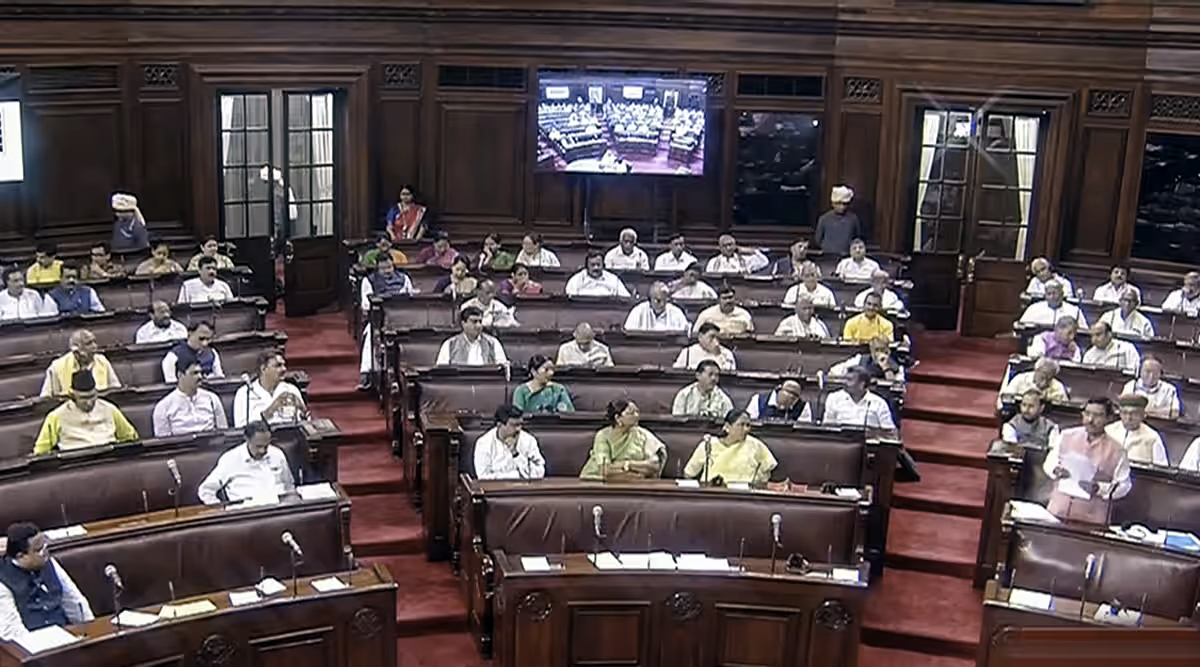NEW DELHI, Aug 2: A bill that seeks to allow the private sector to mine six out of 12 atomic minerals, including lithium, and deep-seated minerals such as gold and silver was passed by Rajya Sabha on Wednesday, amid a walkout by opposition members demanding a discussion over the Manipur violence issue.
Union Minister for Coal and Mines Pralhad Joshi moved the The Mines and Minerals (Development and Regulation) Amendment Bill, 2023, when Rajya Sabha reassembled in for the post-lunch period.
The bill was passed by the Upper House of Parliament by voice vote. It was approved by Lok Sabha last month.
Earlier, all 12 atomic minerals were reserved for mining and exploration by state-owned entities. The bill amended The Mines and Minerals (Development and Regulation) Act, 1957.
The atomic minerals which will be opened for private sector exploration are lithium (used for manufacturing batteries for electric vehicles and energy storage devices), beryllium, niobium, titanium, tantalum and zirconium.
The bill also empowers the central government to exclusively auction mining lease and composite licence for certain critical minerals.
Deep-seated minerals include gold, silver, copper, zinc, lead, nickel, cobalt, platinum group of minerals and diamonds. They are difficult and expensive to explore and mine as compared to surficial or bulk minerals.
Discussion on the bill took place in Rajya Sabha amid opposition uproar over the Manipur violence issue as they demanded a statement from Prime Minister Narendra Modi in the House. Later they staged a walkout.
As many as 11 members, including Aditya Prasad (BJP), Baburam Nishad (BJP), Deepak Prakash (BJP), GK Vasan TMC (M), V Vijayasai Reddy (YSRCP), M Thambidurai (AIADMK) and Sasmit Patra (BJD), took part in the discussion and supported the bill.
In his reply, Joshi said the legislation is an important issue considering the way in which the world is changing.
He said it is estimated that 95 “most precious” minerals are found in India but the country is still importing these.
Joshi alleged that policy paralysis, corruption and nepotism in the previous government are to be blamed for large-scale import of minerals such as coal despite the country having large reserves. (PTI)


